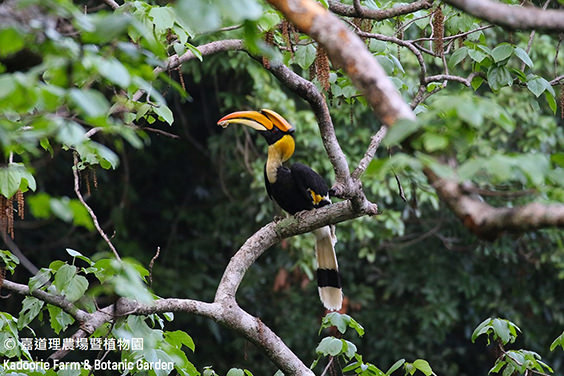
Rare sighting: Flock of more than 100 hornbills spotted in Yunnan
15 November 2019 | China Eco Tales
15 November 2019 | China Eco Tales
China's largest flock of hornbills Asian hornbills often fly, feed and roost in flocks. In Thailand, researchers observed over 1,000 Wreathed Hornbill (Rhyticeros undulates) flying together to their ...
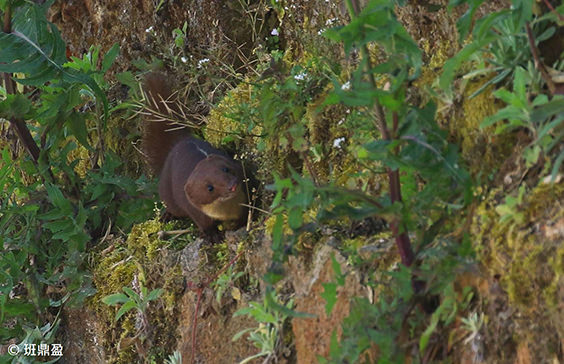
Although the Stripe-backed Weasel (Mustela strigidorsa) is listed as Endangered on the China Species Red List, we know very little about this small carnivore's status across the country apart from a ...
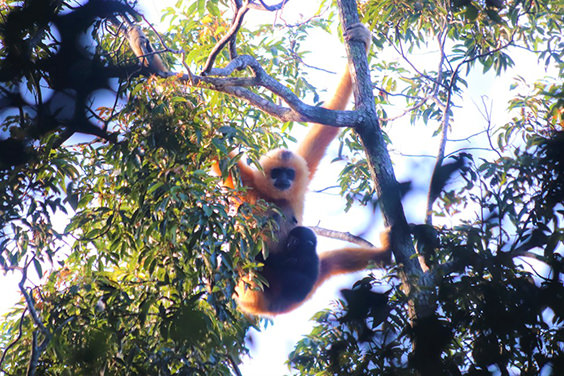
On the first morning monitoring Hainan Gibbons at Hainan Island's Bawangling National Nature Reserve, my team tracked the species' biggest family unit, Group C, in hopes of catching a glimpse of its ...
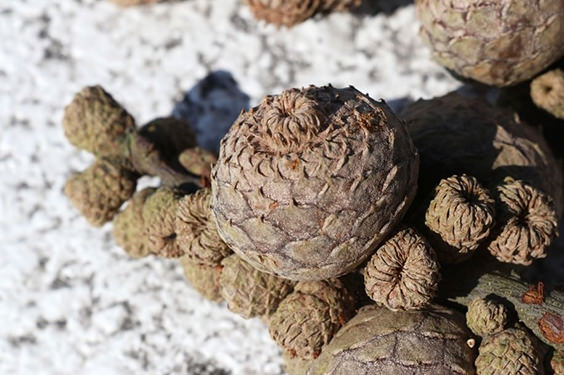
As we approach Autumn, the temperature mellows and the humidity drops, leaves change colour and trees begin to fruit. Autumn may be brief in Hong Kong, but it is just long enough to work its charm i...
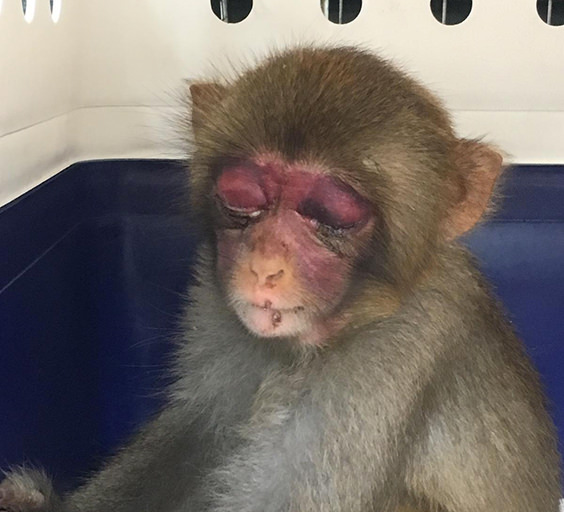
Young Rhesus Macaque with face injuries rescued on International Primate Day
29 October 2019 | Animal Stories
29 October 2019 | Animal Stories
Every year 1st September is a special day as it is the International Primate day which reminds us to speak up for all primates. On that day in 2019, a young Rhesus Macaque (Macaca mulatta) was found ...
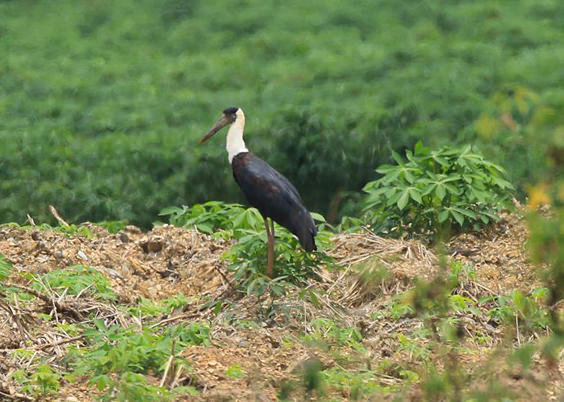
With the help of KFBG, our partner in Cambodia has recently transferred four rescued, globally threatened waterbirds known as the Asian Woollyneck (Ciconia episcopus) to the country's largest wildlif...
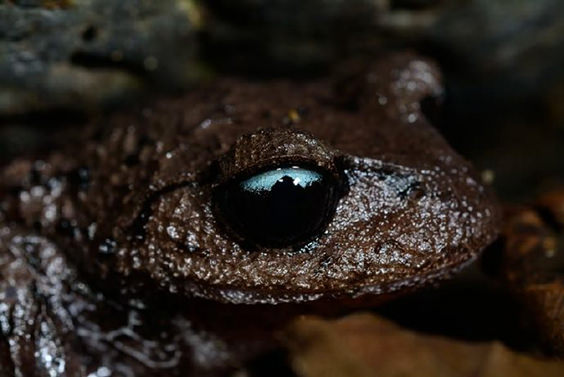
Hot off the press: Results of biodiversity survey of Yunnan’s Gaoligongshan Mountains
16 September 2019 | China Eco Tales
16 September 2019 | China Eco Tales
The internationally renowned Journal of Threatened Taxa just published a special edition on the results of our joint four-year biodiversity survey of Gaoligongshan Mountains (Tengchong Area) in Yunna...
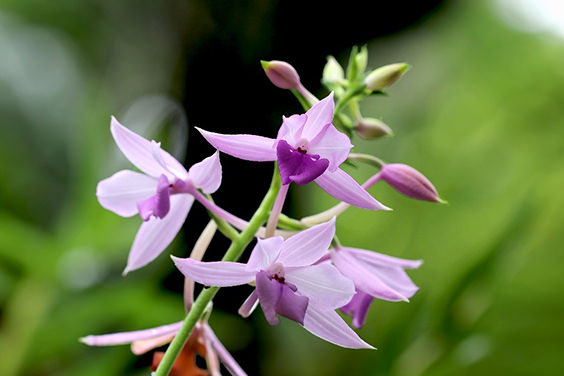
Calanthe masuca var. sinensis, a species that has struggled to get by in the wild of its own accord, is one of ten native orchids shortlisted for ex situ propagation at KFBG. The species, also known...
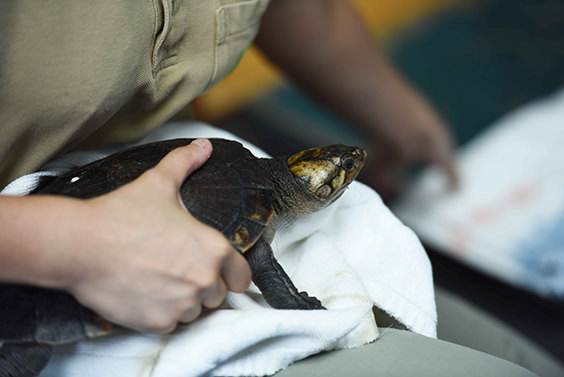
Two critically endangered Madagascar Big-headed Turtles join conservation programme in UK
5 September 2019 | Animal Stories
5 September 2019 | Animal Stories
RescuedTwo live Madagascar Big-headed Turtles (Erymnochelys madagascariensis), were discovered inside the baggage of an outbound passenger at Lok Ma Chau Spur Line Control Point in April 2018. The 27...

In 2012, Kadoorie Farm & Botanic Garden set out to recreate natural forest across a swathe of secondary grassland on its uppermost slopes. The aspiration to do so came from recognition of the fac...


